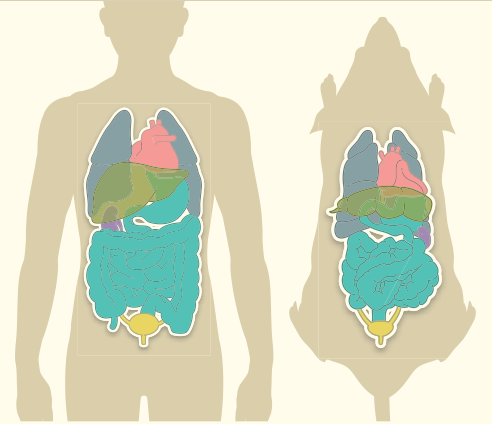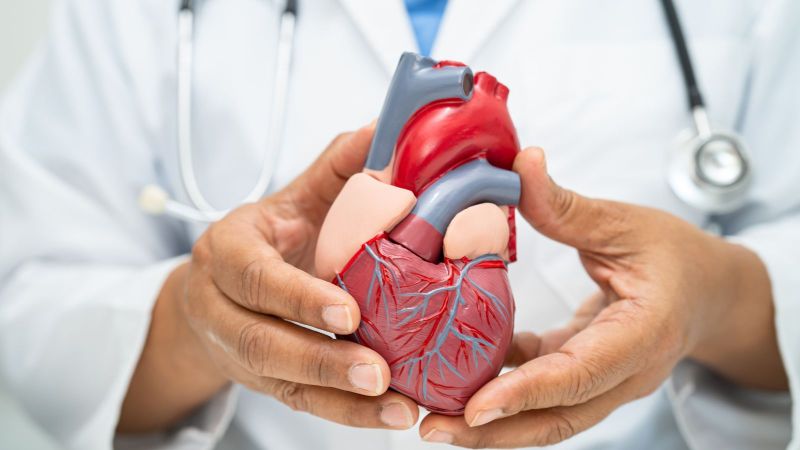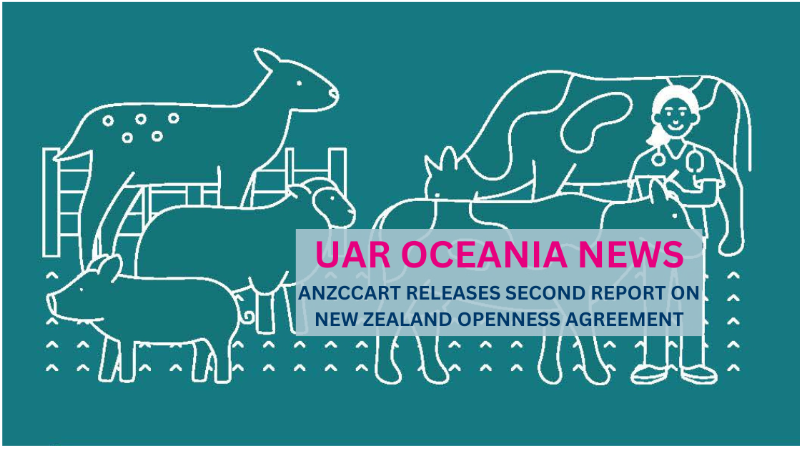Research on animals is not relevant to people because animals are different from people
 All mammals are descended from common ancestors, so humans are biologically very similar to other mammals. All mammals, including humans, have the same organs – heart, lungs, kidneys, liver etc – that work in the same way, controlled via the bloodstream and nervous system.
All mammals are descended from common ancestors, so humans are biologically very similar to other mammals. All mammals, including humans, have the same organs – heart, lungs, kidneys, liver etc – that work in the same way, controlled via the bloodstream and nervous system.
Of course there are minor differences, but these are far outweighed by the remarkable similarities. The differences can also give important clues about diseases and how they might be treated – for instance, if we knew why the mouse with muscular dystrophy suffers less muscle wasting than human patients, this might lead to a treatment for this debilitating and fatal disorder.
Vitamins work in the same way in animals as they do in people – research on guinea pigs led to the discovery of how vitamin C works. Hormones found in animals also work in a similar way in people. The following animal hormones have all been used successfully in human patients: insulin from pigs or cows; thyrotropin from cows; calcitonin from salmon; adrenocorticotrophic hormone from farm animals; oxytocin and vasopressin from pigs.



